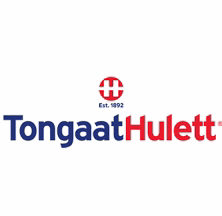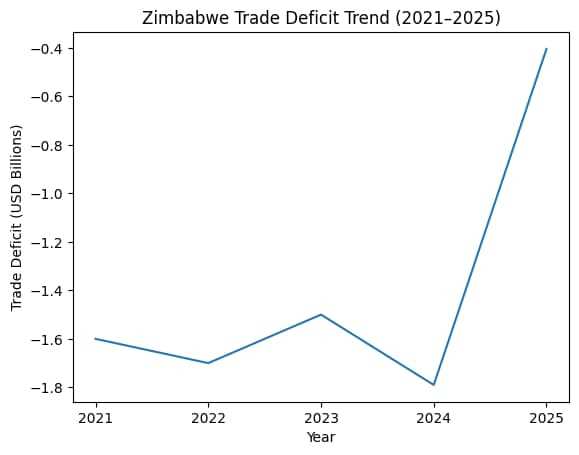
Audrey Galawu
Assistant Editor
Hippo Valley Estates Limited has said currency dynamics have had a negative effect on the cost of doing business as the company is currently experiencing a mismatch between the ZWG and USD on revenues and expenditure.
In its update for the year ended June 30, 2024, Hippo Valley said the currency mix on revenues is currently showing a decrease in USD denominated sales and an increase in ZWG denominated sales while providers of goods and services are currently preferring settlement more in USD than what the company is able to generate from the normal sales.
“At the beginning of the current year, the company adopted the USD as the reporting currency, and will continue assessing and monitoring the level of its dominance for further guidance and implementation.
“With this development, the Company will therefore no longer be applying the provisions of IAS 29 hyperinflation.
“The Industry was, however, generally not adversely affected due to adequate irrigation water from the supplying dams, save for Mkwasine area servicing private farmers where the water cover is less than a year,” reads the update.
Sugar cane production increased by 3% during the period under review from 288 923 tonnes to 297 902 tonnes.
Related Stories
Sugar cane yields also went up by 3% from 103. 9 tonnes to 106. 9 tonnes. The increase in company sugar cane production was driven by a combination of better yields, increased harvesting targets in line with total cane delivery projections which are expected to exceed prior year, a more consistent rate of delivery of sugar cane and improved mill uptime.
Private farmer performance increased following early cane deliveries unlike prior year that was affected by delays emanating from late conclusion of supply agreements. Sugar cane production by private farmers grew from 186. 806 tonnes to 221 184 tonnes.
Domestic sales for the quarter dropped by 7% in comparison to the prior period, with the spill over effects of duty-free sugar imports still noticeable during the period under review. This is despite the repeal of Statutory Instrument 80 of 2023 that came into effect from 1 February 2024. In addition, sales performance was impacted by a slow start from the country's sugar refineries, but this has since recovered.
The company believes that with the good start in sugar production, positive milling performance and continuous engagements with the authorities, there will be no need for the reintroduction of duty-free sugar imports in the current and ensuing years.
“The decrease in export sales volume for the industry was mainly a result of deliberate prioritisation of the domestic market in the first quarter to ensure consistent product availability to all local consumers and customers. The industry is on course to fulfil all critical export commitments. The industry has adequate sugar to satisfy both the local and export requirements. Domestic sales for the quarter dropped by 7% in comparison to the prior period, with the spill over effects of duty-free sugar imports still noticeable during the period under review.”
“This is despite the repeal of Statutory Instrument 80 of 2023 that came into effect from 1 February 2024. In addition, sales performance was impacted by a slow start from the country's sugar refineries, but this has since recovered. The Company believes that with the good start in sugar production, positive milling performance and continuous engagements with the authorities, there will be no need for the reintroduction of duty-free sugar imports in the current and ensuing years.”
The decrease in export sales volume for the industry was mainly a result of deliberate prioritisation of the domestic market in the first quarter to ensure consistent product availability to all local consumers and customers.
“The industry is on course to fulfil all critical export commitments. The industry has adequate sugar to satisfy both the local and export requirements.”


















Leave Comments